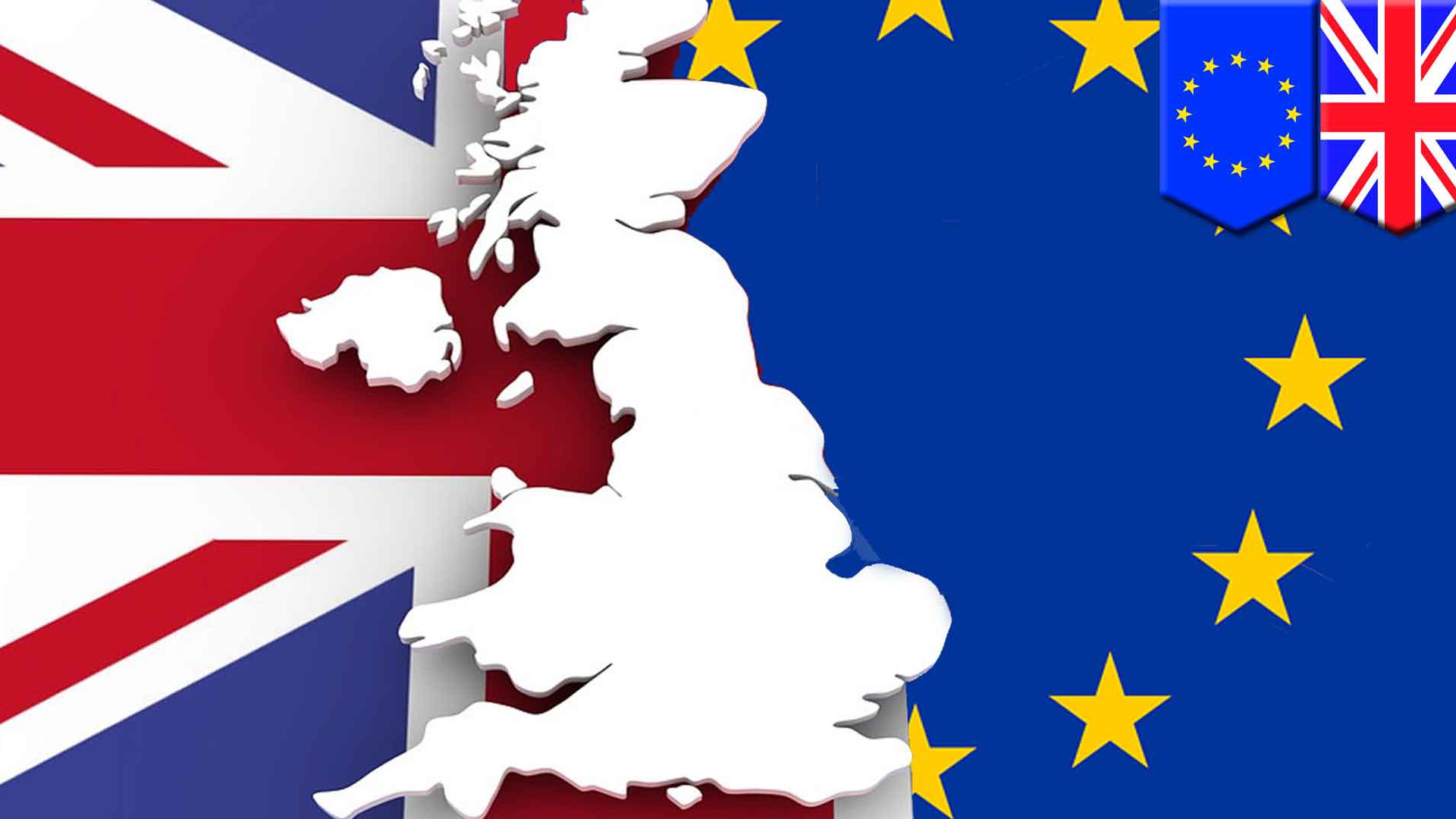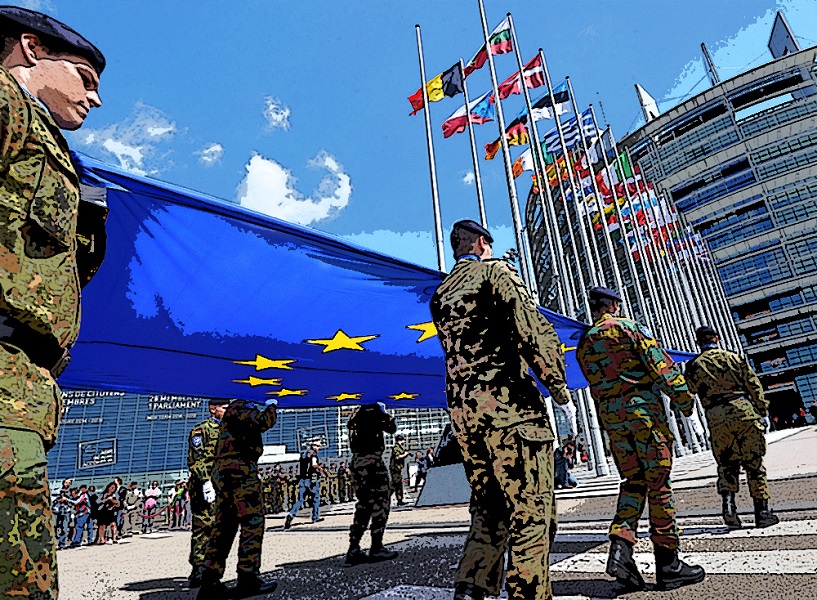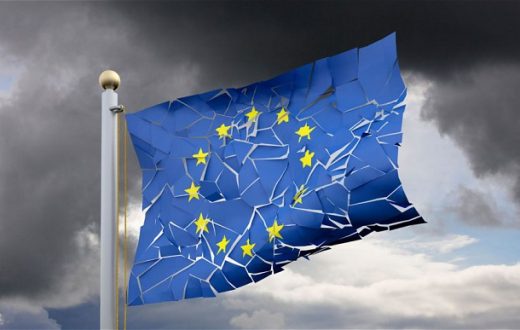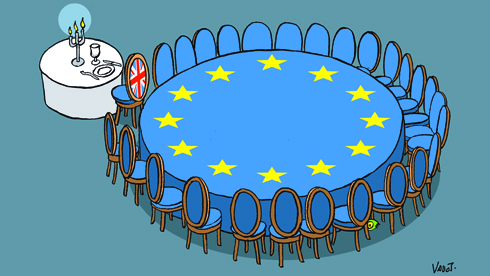The Prime Minister, David Cameron did not think that a UK exit was “the right answer” but promised “everything necessary to make it work” if a vote was set to leave the union. The referendum should be held this summer 2016, depending on a possible agreement with EU. Now several negotiations have been held between Cameron and representatives of the Union. But still, the final decision will remain in the hand of British citizens.
Economic consequences
Many analyzes developed different scenarios about the future Brexit. The Confederation of British Industry (CBI), which represents 240.000 companies gave first numbers about the interest for the UK to stay in the European Union. The first advantage will be a gain from 4 to 5 points of GDP.
In case of an exit, the United Kingdom could suffer a loss from 14% of its GDP according to the German foundation Bertelsmann Stiftung. The German foundation evaluated the consequences as a decrease of the GDP by 3% /inhabitants until 2030 as well as a decrease of the market power of London City. The total loss would lay at around £ 56 billion (€ 78 billion) each year for the upcoming 10 years due to new custom barriers and the exit of the European free market.
The think tank Open Europe evaluated the consequences of an exit and the stay of UK in the Union. An exit could, under certain conditions, boost UK GDP:
“On the one hand, UK GDP could be 2.2% lower in 2030 if Britain leaves the EU and fails to strike a deal with the EU or reverts into protectionism. In a best-case scenario, under which the UK manages to enter into liberal trade arrangements with the EU and the rest of the world, while pursuing large-scale deregulation at home, Britain could be better off by 1.6% of GDP in 2030.”
Consequences for UK boundaries
In case of a “Brexit”, the UK border will be regulated only by the British law. Moving to Britain will probably be harder than it is today: citizens from the Union will face queues and border checks upon entering the UK. A Brexit will also have consequences on the branch of culture, arts and higher education, as the European Union finances many cultural projects. Universities from the EU will have to pay tuition fees in order to create partnering programs. But the EU could also take major decisions concerning Brits living or travelling in Europe. Potentially, Brits would end up having to apply for visas every time they travel across the Channel. The Irish border will remain an important issue that could lead to passport checkpoints between Northern Ireland and the Irish Republic.
The Consequences for the European Union
The EU will not either benefit from a future “Brexit”: The Bertelsmann foundation evaluated a 0,3% loss in GDP for France and Germany as a consequence of the “Brexit”. Also, the City of London plays a major role in the European finance sector: the Union will thus suffer even bigger losses. The European Union share in global exports of goods and services at current prices and exchange rates will also fall from 33,9 to 30,3%.
All these consequences are due to foreign trade. According to the World Trade Organization (WTO) last annual report, UK ranked at eighth in the list of exporting countries and sixth in the list of importing ones.
Since 1945, we can compare the international influence of Europe and UK in the world´s trade market: Europe has kept a constant influence on the international markets, whereas United Kingdom went from the first place to the third one.
The EU is UK’s first commercial partner. The special position of the United Kingdom in the Union gives them the chance to be part of the free trade union and to renounce to the trade barriers. Since its entry in the Union, United Kingdom has increased its commercial exchange with other EU countries by 55% .
A future Europe à la carte ?
A special status for the United Kingdom in the European Union could lead to other protests from euro-skeptic countries and lead to an integration “a la carte” which will make the incentives and the EU decision making process even more complex and less transparent than now. Borders of certain countries could be closed again with new anti-integration arguments. A strong, fixed Europe will become a far and unrealistic idea.








